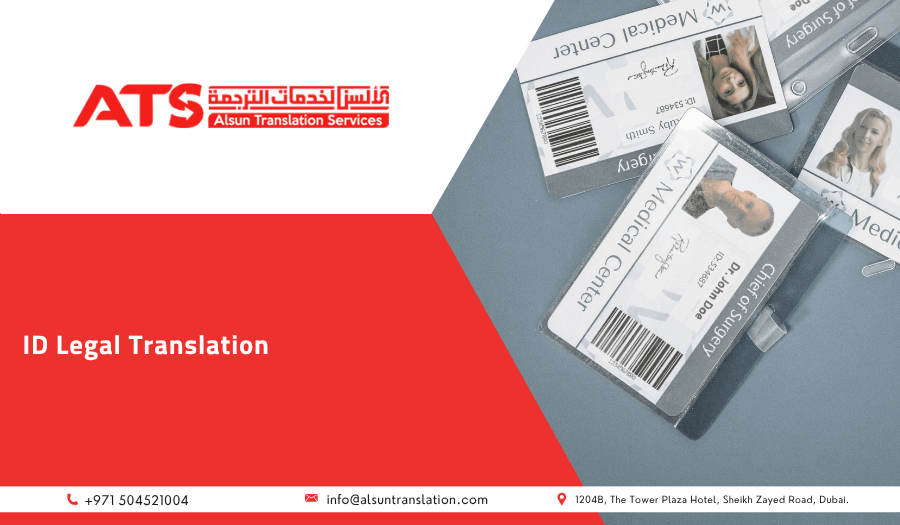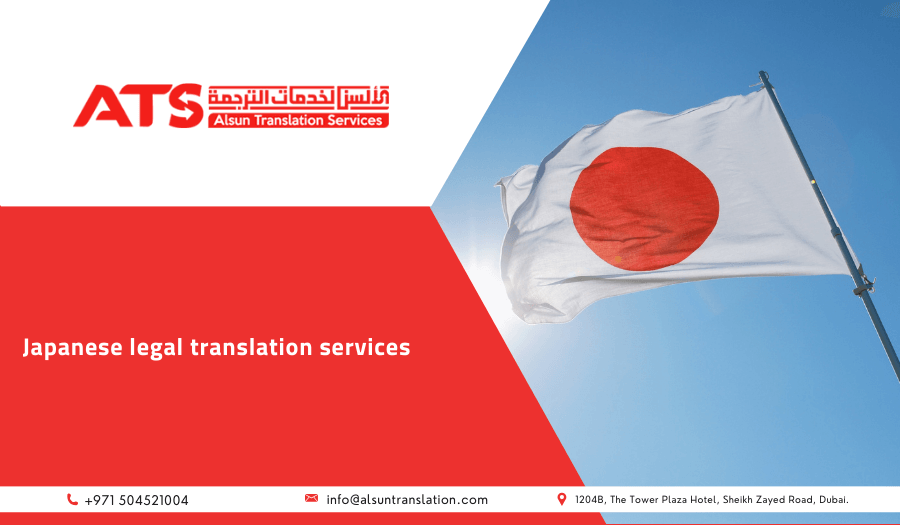Accuracy is extremely important when you need to translate legal documents. Every single term holds significant meaning, especially in contracts and court papers. So, who should you rely on for such crucial work? Let’s delve into what makes a good legal translator. We’ll talk about the essential things to think about. Plus, we’ll cover certified translations: what they entail, why they’re so important, and how to identify them.
Table of Contents
Who can translate legal documents?
There are many companies that provide legal translations. But it’s important to choose one that specializes in legal matters and has translators knowledgeable about the law.
These legal translators should have studied law and know the laws governing the document’s origin and destination.
Even tiny mistakes can cause significant problems in court. So, the translated document must be as good as the original one.
Also know: Legal Document Translation Services That You Can Trust
Prerequisites for a Legal Translator
To translate legal documents well, a legal translator should pass a test and be certified by a place like the American Translators Association. An interpreter can also get certified to do certified interpretations.
When you need to translate legal documents, hire someone who knows the language it’s written in and the language you want it translated into.
The translator should be able to accurately express the original document’s meaning and purpose in the translated version. They also need to use the correct legal terms and writing style.
Also know: Where can I get documents translated into English?
Essential Considerations for Legal Translation
Time
If there’s a delay, your document might become useless in court. That’s why you need experienced professionals who can handle translations quickly and accurately.
Secrecy
Court papers often contain sensitive information, so secrecy is a big concern. So, it’s super important to hire a good translation agency. The agency should have security measures to protect those documents from the wrong people.
Tone
When translators translate legal documents, they must maintain the same style as the original. For example, if a legal notice is urgent, it needs to sound urgent in translation. Otherwise, the reader might not realize how serious it is.
Linguistic Structures
Sometimes, the way things are said in one language doesn’t match up with another. So, translators must find similar ways to say things in both languages.
Changes in the Law
Laws constantly change, so translators need to stay updated on the latest developments. You want to ensure they know what’s what when they translate legal documents.
Also know: Dubai’s Legal Translation Services: Quality vs Cost
What is a certified translation, and why are they required to translate legal documents?
If you translate legal documents for people or businesses, you’ll likely need to certify those translations. Certification means ensuring the translation is officially recognized. So, even if you’ve already translated the papers, you might still need to get them certified.
Legal translator near me: Getting asked for “certified” documents might worry you a bit. It suggests that your translations need another level of approval. But don’t stress. An experienced legal translator can handle this.
Even if you’ve already had a document translated by an expert, it’s not hard to get it certified. It’s just an extra step to ensure it meets all the requirements for legal matters.
Recognizing Certified Translations for Lawful Documents
It might not mean exactly what you think when you ask for certified translations. Sometimes, being certified means a third party checks and confirms it. But for essential documents, certified translations are simply ones where the translator says they’re accurate and proves they’re qualified.
Even if a translator has a certificate somewhere else, it doesn’t mean their translations are automatically official. Certification means there’s written proof that the translation is correct, regardless of the translator’s qualifications.
Information required for a Certified Translation
The precise data in a certified translation differs depending on the organization requesting it. Nevertheless, all certified translations could perhaps, overall, include the following items:
A summary of the translator’s credentials
The statement says the translator did their work as accurately as possible. It also provides details about the translated file. This includes information about the original and translated languages.
The translator’s signature and date are included
Before creating and delivering these components, it is best to ask the requesting institution if they have any special needs regarding the declaration’s contents or if the section recommends ensuring that all required data is provided.
Legal Docs That May Need Certified Translations
There is no strict rule about when you need certified translations for court papers. However, many government agencies, law firms, and other authorities often require certified translations to ensure the documents’ accuracy.
Here are some common legal situations where you might need certified translations:
- Citizen status and immigration.
- Contract law.
Before hiring a translator to translate legal documents, check with your solicitors or the appropriate agencies to see if certification is needed. Remember that in some cases, solicitors could favour certification even if it isn’t required, as this additional step could boost the belief in those translations.
Translate legal documents near me
Are you looking for someone to translate your legal papers professionally? ATS can help! Our team knows legal terms well, so we’ll ensure your translations are spot on.
Convenience is key, and that’s why we’re right by your side. We can handle all legal matters, whether they’re contracts, agreements, patents, or anything else.
We’ll keep everything confidential and get it done fast. We know how important accuracy is, so we follow the highest standards.
Don’t waste time worrying. Choose ATS for all your legal translation Dubai needs. Contact us today, and we’ll care for everything with precision and professionalism.
Final Thoughts
To translate legal documents professionally, you need skill and accuracy. You must choose a translation service that’s all about legal content. Certified translators are key. They know both languages well, ensuring the translation is legally spot on. When picking a service, consider time, keeping secrets safe, keeping the original vibe, and staying up-to-date with legal rules. Certified translations are usually needed to show that the translation is legitimate and trustworthy. They come with detailed info about the translator and a statement saying it’s accurate. Certified translations give peace of mind in important legal situations, whether for moving countries, contracts, or any legal stuff.
In Closing
We discovered everything about the answer to the query of who can legally translate a document. In detail and we hope you like it too much dear.
Don’t hesitate to Contact us, if you need more details.



